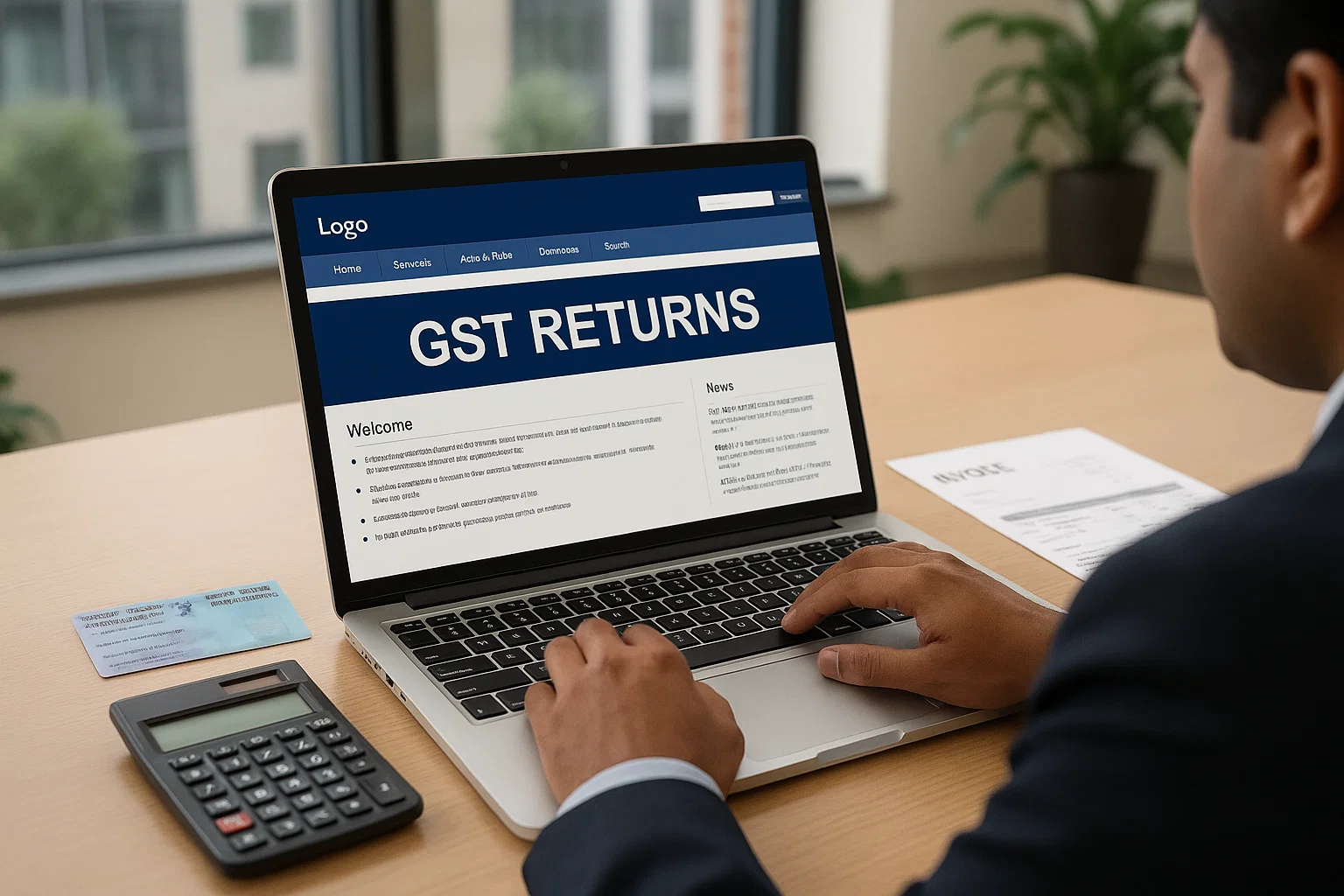The monsoon drizzle outside Astraea’s apartment had settled into a steady rhythm, a gentle background score to their evening chai. Vardaan, a new zeal in his voice, leaned forward.
“Astraea,” he began, “I’ve been talking to a few startup founders in Delhi, and the buzzword constantly coming up isn’t just ‘funding’ – it’s ‘tax benefits for startups’! Everyone’s trying to figure out what they’re eligible for. Is it really that complex, or is there a way to simplify it?”
Astraea chuckled, a warmth in her eyes. “It’s certainly not simple, Vardaan, but it’s far from impossible to understand. The Indian government has made a strong push to support startups, and tax benefits are a huge part of that. They’re essentially incentives designed to help new businesses conserve capital, innovate, and grow.”
The “Why”: Fueling the Startup Engine
“So, these benefits aren’t just handouts?” Vardaan asked.
“Not at all!” Astraea emphasized. “Think of them as fuel for the startup engine. The government understands that startups need a runway to develop, innovate, and eventually create jobs and wealth. These tax breaks are designed to reduce the financial burden in those crucial early years, allowing founders to reinvest profits back into the business.”
Unpacking the Key Tax Benefits for Startups in India
Astraea then laid out the main tax benefits, demystifying each one:
- Tax Holidays under the DPIIT Scheme: “This is one of the most attractive benefits. If your startup is recognized by the Department for Promotion of Industry and Internal Trade (DPIIT) under the Startup India scheme, you can claim a 100% income tax deduction on your profits for any three consecutive years out of your first ten years from incorporation. Imagine three years where your profits are entirely tax-free! This gives you crucial breathing room to stabilize and scale.”
- Reduced Corporate Tax Rates: “While not exclusive to startups, smaller companies, including many startups, can benefit from a lower corporate tax rate. For companies with a turnover up to ₹400 crore, the corporate tax rate is a reduced 25% (plus surcharge and cess), compared to the standard 30% for larger companies. This is a significant saving on your earnings.”
- Deductions under Section 80-IAC: “This is the specific section that grants the tax holiday mentioned above. To avail this, your startup needs to be DPIIT recognized, incorporated after April 1, 2016 (with recent extensions pushing this out further, ensuring more new ventures can qualify), not older than 10 years, and have an annual turnover not exceeding ₹100 crore in any financial year. It’s about demonstrating true innovation and scalability.”
- Deductions under Section 35 (for Scientific Research): “If your startup is involved in scientific research and development – and many innovative startups are – you can claim deductions for expenses incurred on R&D. This includes both revenue and capital expenditures (excluding land). This encourages innovation by making R&D more financially viable.”
The Catch: You Must Identify and Claim Them!
“This all sounds incredible,” Vardaan said, “but how does a startup actually get these benefits? Do they just automatically apply?”
“That’s the crucial point, Vardaan,” Astraea highlighted. “These benefits are not automatic. You need to:
- Be DPIIT Recognized: This is the foundational step for most major benefits like the tax holiday. It involves an online application process where you demonstrate your innovation and scalability.
- Meet Eligibility Criteria: Each benefit has specific conditions (like turnover limits, age of the startup, type of business activity).
- Apply and Claim Correctly: You have to identify which benefits you’re eligible for and then file the necessary forms and documentation with the tax authorities. Missing a step or making an error can lead to a benefit being denied.”
21DEGREES: Your Partner in Claiming Every Benefit
“So, it’s a minefield if you don’t know what you’re doing,” Vardaan concluded.
“Precisely!” Astraea affirmed. “And that’s where 21DEGREES comes in. We pride ourselves on being the guiding hand for startups navigating this complex landscape. We:
- Identify Eligibility: We meticulously assess your startup’s profile to identify every single tax benefit and deduction you’re eligible for under current Indian tax laws.
- Assist with DPIIT Recognition: We guide you through the process of obtaining DPIIT recognition, which unlocks many of these crucial benefits.
- Ensure Compliant Claiming: We handle the necessary documentation and filing to ensure you correctly claim all the benefits you’re entitled to, avoiding future surprises or penalties.
- Strategic Planning: We help integrate these tax benefits into your overall financial strategy, maximizing their impact on your growth.”
Vardaan nodded, a thoughtful expression on his face. “So, it’s about making sure startups don’t leave money on the table. These benefits can be the difference between struggling and soaring, and having an expert to navigate them is invaluable.”
Astraea smiled, refilling their chai cups. “Exactly, Vardaan. Our goal is to ensure startups can focus on their core mission – innovating and growing – while we handle the complexities of compliance and benefit maximization. Visit 21degrees.in and let’s help you identify and claim every tax benefit you’re eligible for—and avoid missing out. Now, what other business buzzwords should we demystify over chai next?”




